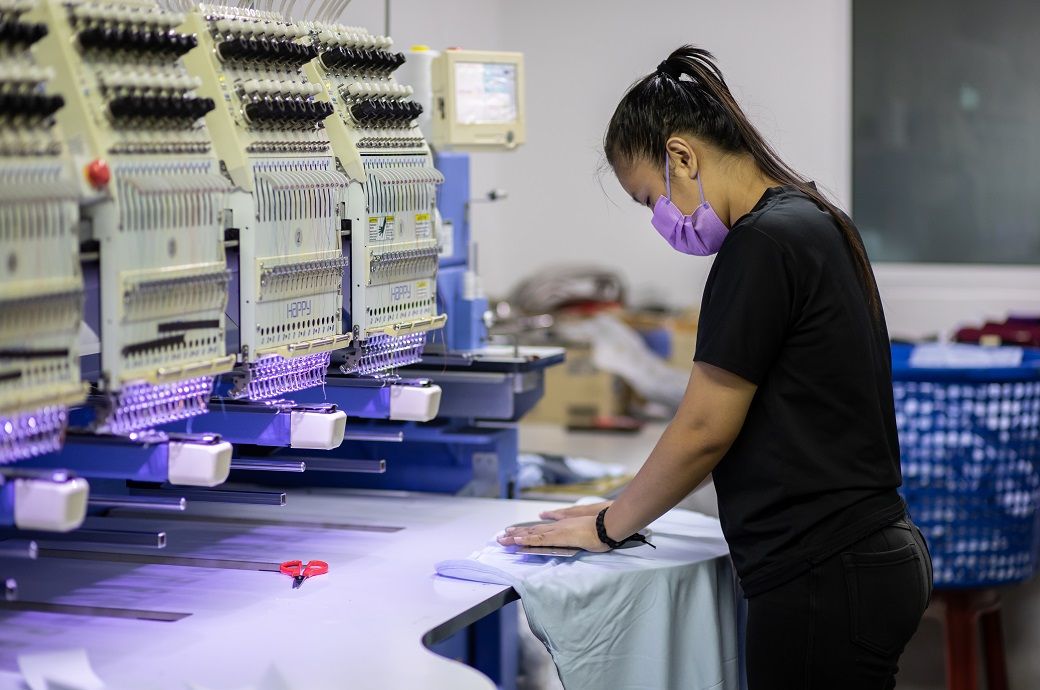
At 45.4 in April, the seasonally adjusted S&P Global UK manufacturing purchasing managers’ index (PMI) remained below the neutral 50 mark for the seventh straight month.
The headline PMI was up slightly from March's 17-month low of 44.9 and above the earlier flash estimate of 44.
Manufacturing production contracted again in April, albeit to a slightly lesser extent than in March, as output was scaled back in response to reduced intakes of new work from both domestic and overseas markets.
Panellists reported that rising economic and trade uncertainties (including prospective US tariffs) had drained confidence from both consumer and business-to-business clients, resulting in an increased reluctance to commit to new contracts, S&P Global Ratings said in a release.
These factors also led to a comparatively large contraction of output and new work received at investment goods producers, suggesting that subdued market confidence was hitting demand for capital goods especially hard.
The total level of new business placed with UK manufacturers contracted for the seventh month in a row in April.
Similar to the picture seen for production, the rate of decrease in new work received remained substantial despite easing slightly since the prior survey month.
New export orders fell at the quickest pace in almost five years, with demand from the United States, Europe and China all lower.
Anecdotal evidence indicated that weak client confidence, trade uncertainty (including prospective US tariffs) and generally quiet global markets had all weighed on export demand.
The tough current backdrop, rising cost pressures and increased uncertainty at manufacturers and their clients alike led to lower business optimism, reduced staff headcounts and cutbacks to purchasing and stocks during April.
Business optimism fell to a 29-month low, with 47 per cent of the panel expecting output to rise over the coming year.
Manufacturing employment declined for the sixth month running in April. The rate of job losses accelerated and was the second-sharpest in almost five years.
Many firms noted that lower staff headcounts were necessary to offset the impact of rising national insurance contributions, increased minimum wages (and the knock-on effect to higher pay grades) and other cost rises.
ALCHEMPro News Desk (DS)
Receive daily prices and market insights straight to your inbox. Subscribe to AlchemPro Weekly!